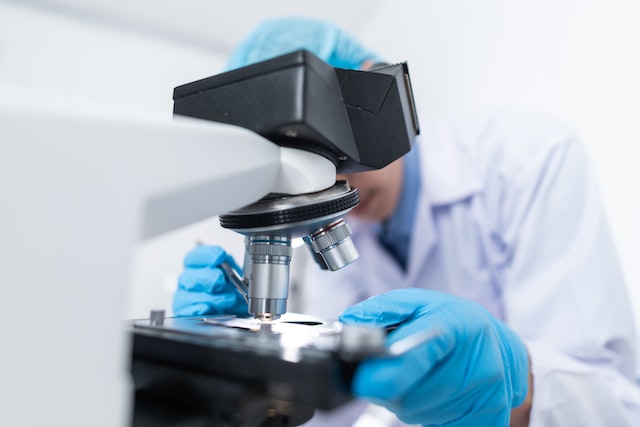In an era where scientific advancements are reshaping the way we live, biotechnology stands at the forefront of groundbreaking discoveries and innovations. This dynamic field merges biology with technology to revolutionize healthcare, agriculture, environmental conservation, and much more. Join us on a journey to explore the remarkable world of biotechnology and discover how it is shaping the present and future of our society.
- Unleashing the Power of Genetic Engineering: Biotechnology has empowered scientists with the ability to manipulate and modify the genetic makeup of organisms. From genetically modified crops that enhance agricultural productivity to gene therapies that combat inherited diseases, genetic engineering has opened up a realm of possibilities for improving human lives and addressing global challenges.
- Transforming Healthcare with Biopharmaceuticals: The production of biopharmaceuticals using biotechnology has revolutionized medicine. Through techniques like recombinant DNA technology, scientists can create therapeutic proteins, antibodies, and vaccines. These advancements have paved the way for personalized medicine, targeted therapies, and the treatment of previously incurable diseases.
- CRISPR-Cas9: The Game-Changer in Genome Editing: The emergence of CRISPR-Cas9 has marked a major milestone in biotechnology. This powerful gene-editing tool allows precise modification of DNA sequences, enabling scientists to correct genetic defects and explore new possibilities for disease prevention and treatment. We delve into the potential of CRISPR-Cas9 and the ethical considerations surrounding its use.
- Biotechnology and Sustainable Agriculture: As the global population continues to grow, biotechnology plays a crucial role in ensuring food security and sustainable agricultural practices. Through advancements like genetically modified organisms (GMOs), precision farming techniques, and biopesticides, biotechnology enhances crop yields, reduces pesticide use, and develops environmentally friendly farming methods.
- Environmental Conservation and Bioremediation: Biotechnology offers innovative solutions to address environmental challenges. Bioremediation, for instance, employs microorganisms to degrade pollutants and clean up contaminated sites. Additionally, biotechnology contributes to the production of biofuels, bioplastics, and other renewable resources, reducing our reliance on fossil fuels and mitigating climate change.
- Synthetic Biology: Designing Life from Scratch: Synthetic biology combines biology, engineering, and computer science to design and construct new biological systems. This emerging field opens up possibilities for creating tailor-made organisms capable of producing biofuels, drugs, and materials. However, it also raises ethical and safety concerns, which we explore in detail.
- Biotechnology and Beyond: Emerging Trends and Future Prospects: The realm of biotechnology continues to evolve at a rapid pace, with new frontiers on the horizon. From bioinformatics and nanobiotechnology to regenerative medicine and neuroengineering, we uncover the cutting-edge advancements that hold the potential to transform our lives in unimaginable ways.
Conclusion: Biotechnology is a transformative force that is reshaping multiple facets of our world. From improving healthcare and agriculture to addressing environmental challenges and opening up new possibilities, its impact is undeniable. As we venture further into the uncharted territories of biotechnology, it is crucial to navigate ethical, social, and regulatory considerations. By embracing the potential of this field while upholding responsible practices, we can harness its power to create a brighter and more sustainable future.



